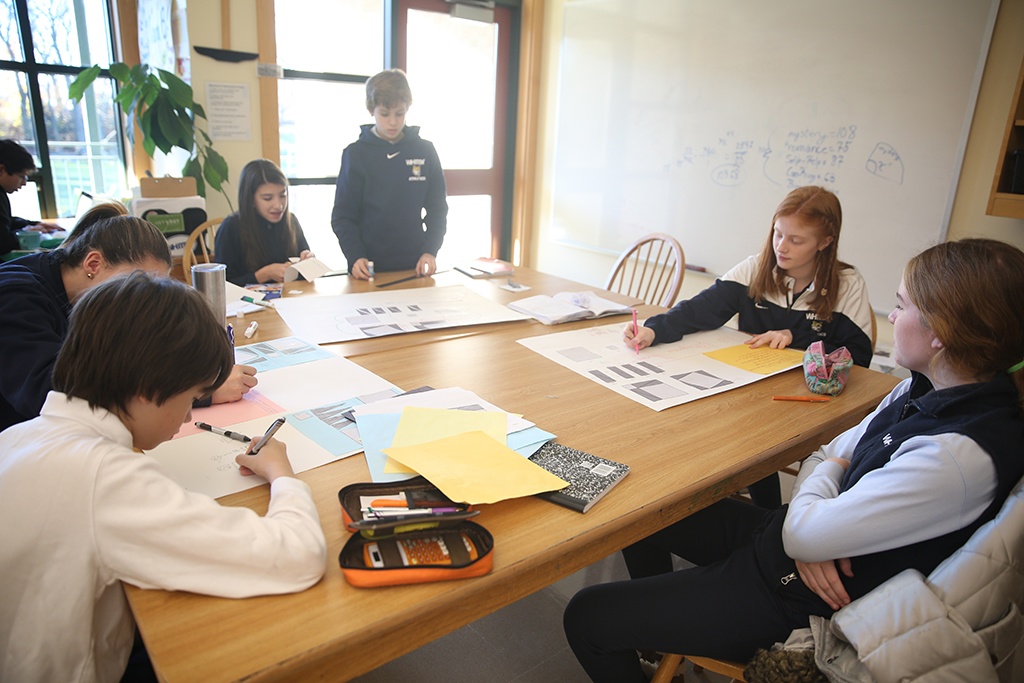How do we help children make sense of the world they're entering? This is a question that has been posed by every generation as they watched their children grow from the classroom into the work place. It has endured from our agricultural roots, through the Industrial Revolution, through world conflicts and into the age of Technological Innovation.
Through each era the skills that our students are expected to exhibit have become more complex and integrated, placing more and more pressure on schools, especially after the explosion of knowledge created by the introduction of the Internet. At no time in history has accessibility to information been greater and on a global scale.
This accessibility is both a blessing and a curse. The blessing is that we can take our students on learning journeys that are limitless and that can truly inspire a passion for learning above and beyond the classroom.
This accessibility is both a blessing and a curse. The blessing is that we can take our students on learning journeys that are limitless and that can truly inspire a passion for learning above and beyond the classroom. The curse is that we need to support our students in determining bias, ‘alternative’ facts and just plain nonsense written by people for political or ideological agendas that do not support the empowerment of principled and open-minded citizens in a global community.
So how can we live our school’s mission and prepare our students for the future? I think the answer to this question is in the development of skills that our teachers facilitate at Whitby on a daily basis. These skills form one of the key components of the International Baccalaureate program continuum and are called Approaches to Learning. Through the exploration of the IB Primary Years Program and the IB Middle Years Program at Whitby, we provide a seamless journey through which these skills are developed and challenged through thoughtful, coherent and insightful teaching units.

So, what are these skills and how are they developed at Whitby? These Approaches to Learning are lifelong learning opportunities and create a platform for understanding the world around us; creating our own thoughts, ideas, and opinions; challenging the status quo; or extending the thinking of others. They comprise of five transdisciplinary essential skills:
1. Communication Skills:
- How can you read, write, and use language to gather information? How can you exchange thoughts, messages, and information effectively through interaction?

2. Social Skills:
- Collaboration Skills. How can you work with others effectively?
3. Self-Management Skills
- Organization Skills: How can you manage time and tasks effectively?
- Affective Skills: How can you manage your state of mind?
- Reflection Skills: How can you (re)consider the process of learning?
4. Research Skills
- Information Literacy Skills: How can you find, interpret, judge, and create information?
- Media Literacy Skills: How can you interact with media to use and create ideas and information?

5. Thinking Skills
- Critical Thinking Skills: How can you analyze and evaluate issues and ideas?
- Creative Thinking Skills: How can you generate novel ideas and consider new perspectives?
- Transfer Skills: How can you use skills and knowledge in multiple contexts?

These skills are timeless and assist us—no matter what our age or experience level in school or in the workplace—to navigate all the information and challenges that are thrown at us on a daily basis.
For more on the Approaches to Learning and how we at Whitby instill these, beginning with our youngest learners (18 months to 3 years old), click here.


